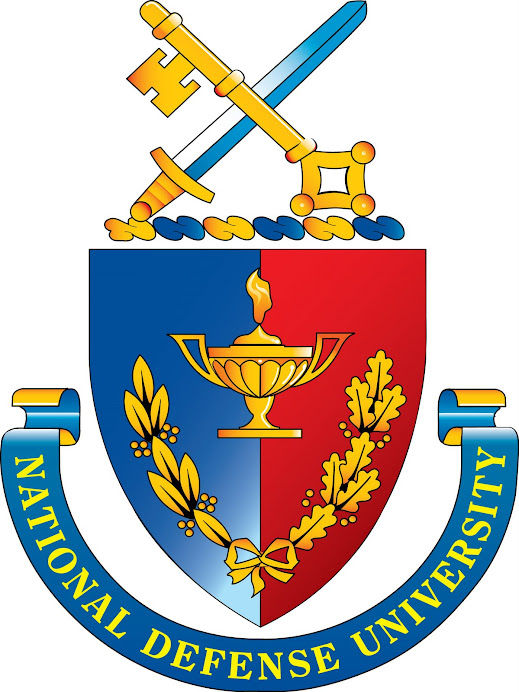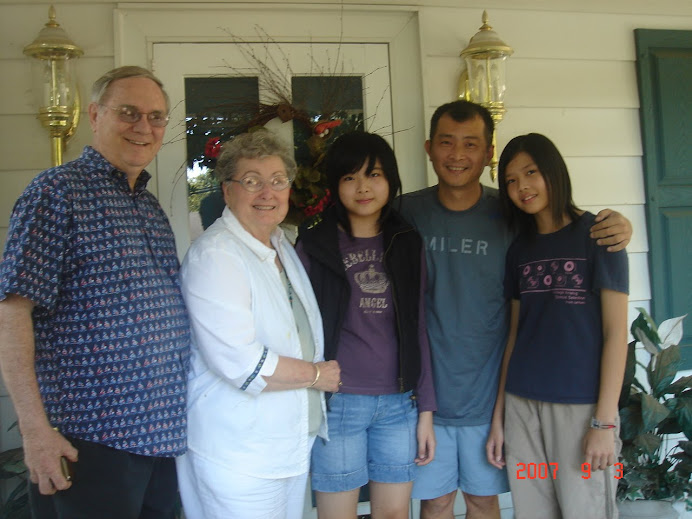




1. Provide exposure to the ‘southern culture’ of the U.S., and experience life in a small rural southern community. Southern culture is distinctively different from other areas in the U.S. it allow me to personally experience this culture. As a general rule, people are friendly in the south and life seems to be lived at a little slower pace.
On this trip, I actually live with local citizens for two days in their homes. This experience give me a good insight into the way of life of the average American, and allow me to explore any questions I might have about how Americans conduct their daily lives.
Of course, no trip to Memphis would be complete without a stop at Graceland, the home of THE KING, Elvis Presley. The affect that Presley had on the music and culture of the past four decades probably cannot be overstated.
2. My trip to Memphis shifts the discussion to the experience of civil rights in this country. Specifically, I visit the National Civil Rights Museum. This museum was formerly the Lorraine Motel, and is the site of the assassination of Dr. Martin Luther King. Dr. King was the leading civil rights leader of African-Americans during the 1960s. He was instrumental in organizing the civil rights protests that led to new civil rights legislation guaranteeing equal rights for all Americans.
2. My trip to Memphis shifts the discussion to the experience of civil rights in this country. Specifically, I visit the National Civil Rights Museum. This museum was formerly the Lorraine Motel, and is the site of the assassination of Dr. Martin Luther King. Dr. King was the leading civil rights leader of African-Americans during the 1960s. He was instrumental in organizing the civil rights protests that led to new civil rights legislation guaranteeing equal rights for all Americans.
In conjunction with our visit to this museum, I have the privilege of hearing from an attorney and civil rights participant, Walter Bailey, at the Civil Rights Museum. Mr. Bailey’s family associated personally with Dr. King and was closely involved in the civil rights movement.
3. Appreciate the role that the Mississippi River plays in this part of the country. On this trip, I actually spend some time fishing on the river. I observe first hand the strength of the river and the role of commerce on it. It is one of the more important rivers in the world, as it drains the interior of the North American continent. The river has played a very important role in the development of the U.S., and still is vital to our economy.
My visit to the Mississippi River Museum show the historical and economical impact of the river and the “River Walk” give me a valuable perspective as it is a scale replica of the entire Mississippi River.
4. Learn about local government in the U.S. Ripley is a small community with a vibrant local government. My visit to Ripley is deliberately designed to discuss local government and how it operates. From a mock arrest, trial, and sentencing, to a look at the government structures at the lowest levels in America. I also receive presentations from local community leaders, including the mayor, bankers, city and county officials. Additionally, I learn about the voting process from local residents.
5. Learn about the American judicial system from the courtroom to the penal institutions. I experience the entire judicial system from arrest to trail to jail time. I get the opportunity to actually participate in a mock trail and learn from the actual experience. I'm fortunate to have a practicing judge as our host who will lead me through the entire experience. I visit a maximum-security prison and receive a brief and tour of all aspects of the facility.
6. Begin looking at American companies with global interests. In Ripley, I visit Marvin Windows, a medium size factory in a small town employing local citizens. In Memphis, I visit our first large global American company, Federal Express. Federal Express began the overnight package delivery business. I visit its main hub, located in Memphis, and receive briefings as well as observe its operations during a special late evening tour.
7. Experience the efforts being made to treat and research pediatric cancer. Memphis is home to St. Jude’s Hospital, the single largest center in the United States for the treatment and research of pediatric cancer. St. Jude is unlike any other pediatric treatment and research facility anywhere. Discoveries made here have completely changed how the world treats children with cancer and other catastrophic diseases.
4. Learn about local government in the U.S. Ripley is a small community with a vibrant local government. My visit to Ripley is deliberately designed to discuss local government and how it operates. From a mock arrest, trial, and sentencing, to a look at the government structures at the lowest levels in America. I also receive presentations from local community leaders, including the mayor, bankers, city and county officials. Additionally, I learn about the voting process from local residents.
5. Learn about the American judicial system from the courtroom to the penal institutions. I experience the entire judicial system from arrest to trail to jail time. I get the opportunity to actually participate in a mock trail and learn from the actual experience. I'm fortunate to have a practicing judge as our host who will lead me through the entire experience. I visit a maximum-security prison and receive a brief and tour of all aspects of the facility.
6. Begin looking at American companies with global interests. In Ripley, I visit Marvin Windows, a medium size factory in a small town employing local citizens. In Memphis, I visit our first large global American company, Federal Express. Federal Express began the overnight package delivery business. I visit its main hub, located in Memphis, and receive briefings as well as observe its operations during a special late evening tour.
7. Experience the efforts being made to treat and research pediatric cancer. Memphis is home to St. Jude’s Hospital, the single largest center in the United States for the treatment and research of pediatric cancer. St. Jude is unlike any other pediatric treatment and research facility anywhere. Discoveries made here have completely changed how the world treats children with cancer and other catastrophic diseases.
They do today's most gifted researchers are able to do more science, more quickly. Where doctors across the world send their toughest cases and most vulnerable patients. Where no one pays for treatment beyond what is covered by insurance, and those without insurance are never asked to pay.










No comments:
Post a Comment